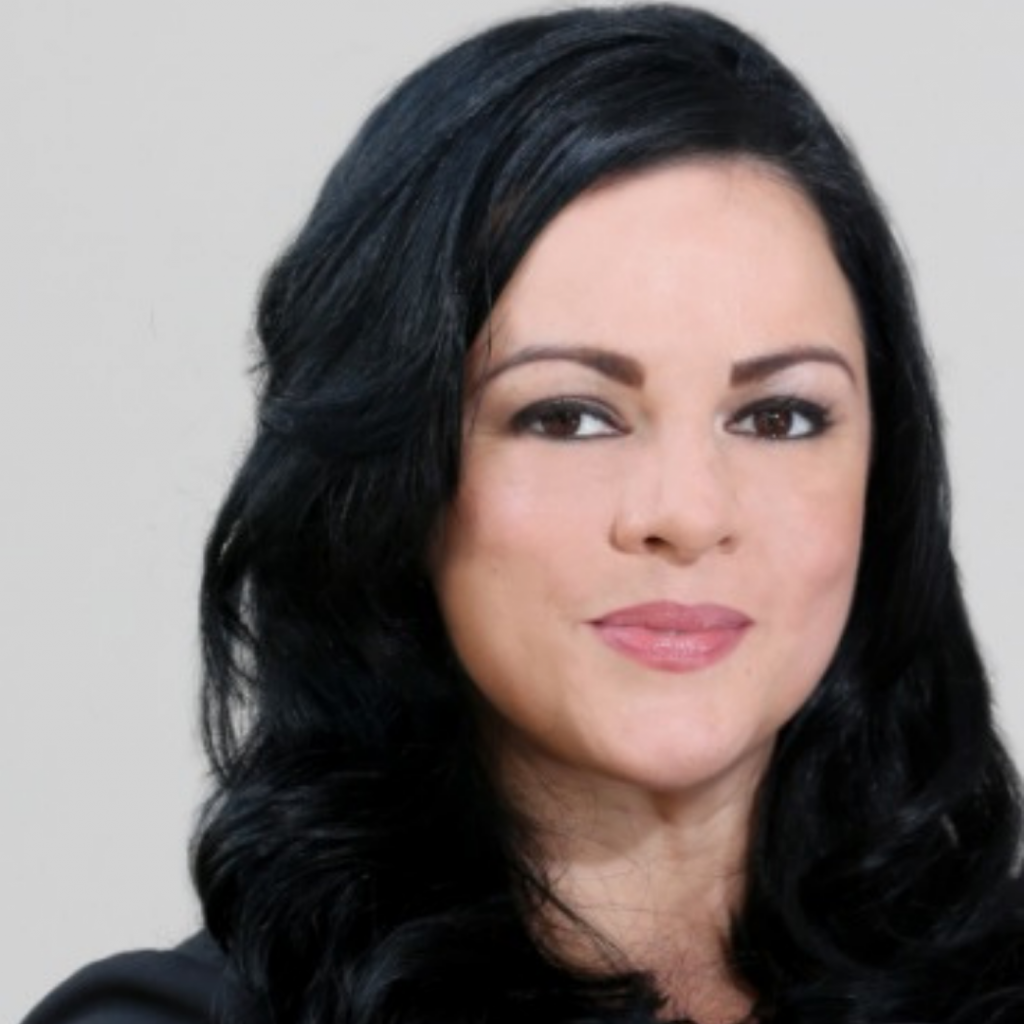Natasha Sayee, Head of External Communications at SONI Ltd, the electricity system operator for Northern Ireland on how she harnessed her passion to drive her career.

- Don’t rule anything out
When I was at Queen’s, if you told me I’d end up as a senior manager at a utility company, I really don’t think I would have believed you. I have a love of geography and environment and of nature. And I was a young Greenpeace activist. But I also had a love of debating, of the stage and of public speaking and was involved in local radio from I was about 16. . I wanted to be on TV. And I wanted to move in to reporting using my investigative nature, my passion for public speaking and my love of current affairs to become a reporter. And that’s what I did. I completed a Law degree. Then I moved to England where I did a post grad in Broadcast Journalism, worked my way through the BBC, until I was the most senior general reporter in the Belfast newsroom, and acting Ireland correspondent. And I worked on every story imaginable from the MTV Europe awards coming to Belfast to the unfortunate economic downturn and from elections to crime. I was at the top of my game, but it wasn’t exciting anymore. It wasn’t a challenge. And so I stepped into business, I haven’t looked back, I lead a team of amazing PR, Media Communications and engagement specialists doing the most challenging work I’ve ever done. What’s amazing about this role is that it’s a complete blend of everything I’m good at and interested in, so people, current affairs, and with that focus that we have on climate change. Well, I just come full circle in terms of my love for the environment and sustainability, which I really care about.
2. Challenge yourself
I am really passionate about what I do. And if it’s challenging, then I bring my best every day. If ever it forces me to drive hard, then it is something I will stick with. And if you’re like me with a fire in you, with that drive, harness that passion, hook it into your career, and keep moving until it feels right and you will succeed. A Law degree from Queens has provided me with a really solid platform to allow me to make all of these jumps and leaps. It says to an employer that you’re informed, you’re considerate, you’re investigative, you’re confident and analytical. You could be a judge, it could be a barrister or a solicitor, an in-house solicitor, or you could become a reporter, or you can become a business leader… with a Law degree from Queen’s, really the world is at your feet.
3. Don’t be blinded by passion
I think at times my passion has blinded me, particularly perhaps when I was at the BBC, where I would have gone through walls to succeed without perhaps taking on board others or their feelings or collateral damage, really. And you can really only get so far on the steam of your own passion. To be truly successful, you need to take that passion, use it to motivate others, collaborate with them, understand what makes them tick. And then think about how you can combine all that fire together to achieve. All that’s possible. Passion is a great thing to have. It’s a warrior’s traits, but create your battalion. Don’t do it on your own, network and make those friends for life. I mean, my best friends are my family. I met them at Law school at Queen’s, they’re my units; they’re my power source. I just couldn’t imagine life without them.
4. Be a team player
You know, people with passion are warriors, we’re fierce, we’re strong. But I’ve learned that that can be intimidating. And that can lead to isolation. So don’t do a solo run, find your squad, find your network, your Battalion, you’ll achieve so much more together. And it will be a much better experience for you. You need to be empathetic as well. What issues are your colleagues dealing with at home? How can you support them? You know, really, relationships are the absolute cornerstone of good business, taking time to get to know those you’re working with. If someone doesn’t sound right in the phone, you’ll know that they there’s something wrong or if someone is on a video call, but maybe isn’t making as much of a contribution as they would normally. Well what’s going on, you know, you need to find that out and try to help that’s really important.
5. Give your passion context in an interview
If you’re interviewing for a role, display your passion proudly, and it will shine through, but make sure you back it up. And that means giving examples of how you’ve put your passion into play, to go the extra mile, whether that’s being top of your class in your subject, whether that’s volunteering, coaching others or taking on extra training. And try to keep a lid on your passion during an interview. What I find throughout my whole career, and it continues to this day, is that nerves and passion can be a really dangerous combination. So it can go one of two ways. You can appear arrogant and overconfident, , or you can get jittery, and you can end up waffling. So breathe, prepare, prepare again. And when you get into that room, whether you’re presenting or you’re sat in front of an interview panel, plant yourself, like a big oak tree, you know, really sink your feet into the floor, like you’re growing roots, and take some time to blossom. Channel that passion that you have to keep focused on what’s important and look after yourself and others. Passion is an exceptional standout quality. But it is like magic. And you have to challenge it and control it and make it work for you.
You can stream Natasha’s recent talk on the Gradfest2-21 site here:
https://www.qub.ac.uk/sites/graduate-support/UpcomingLiveStreams/


